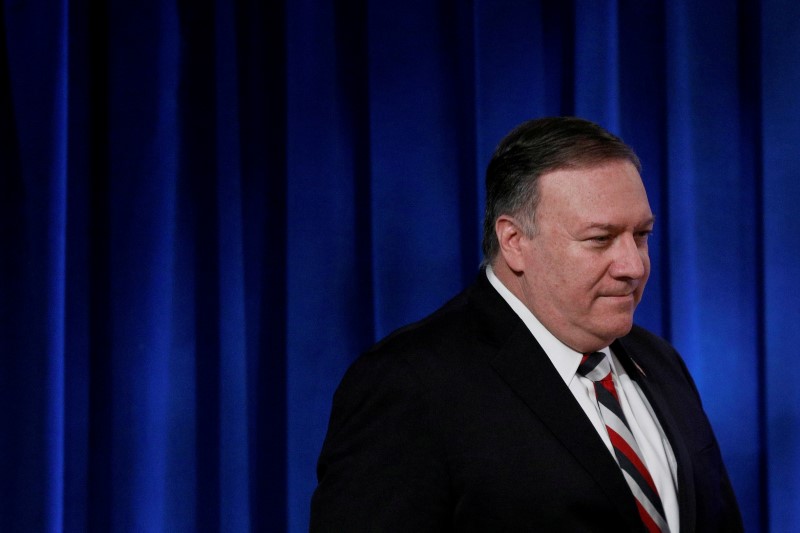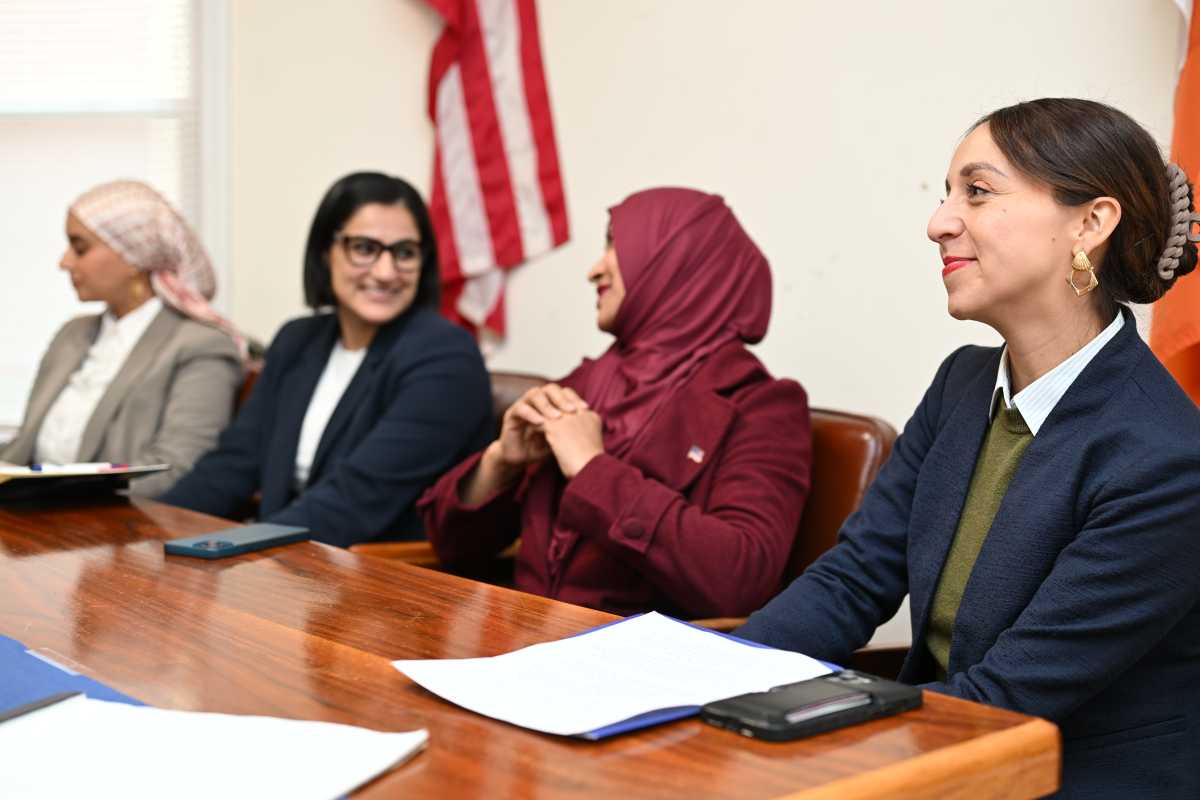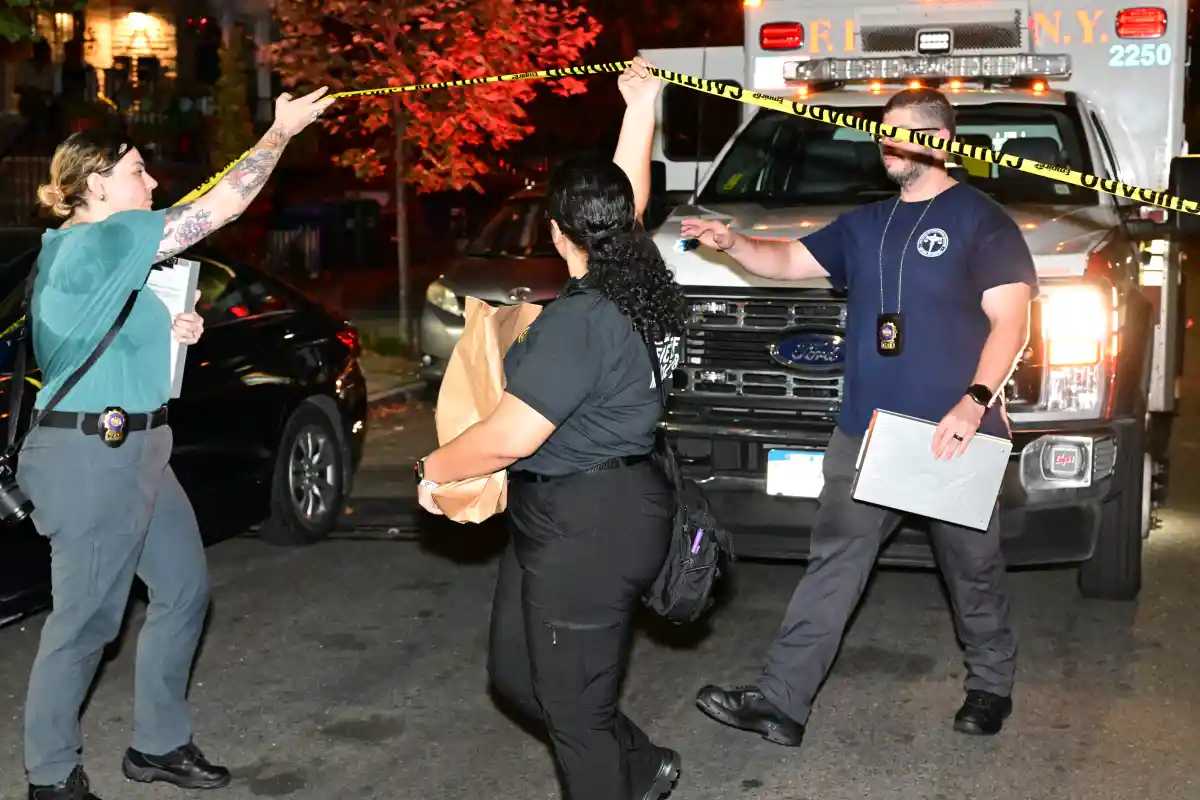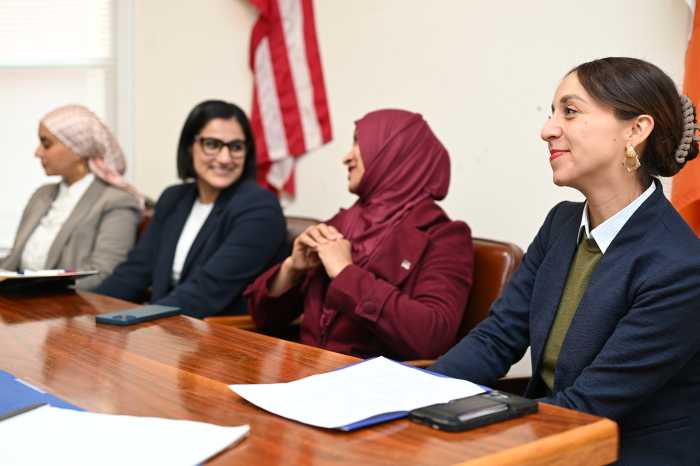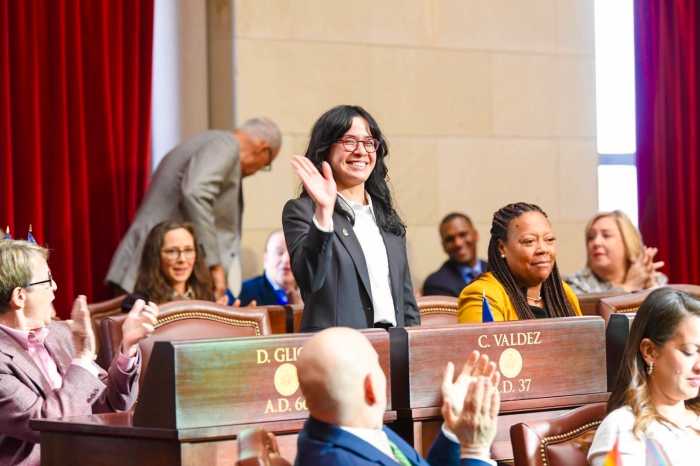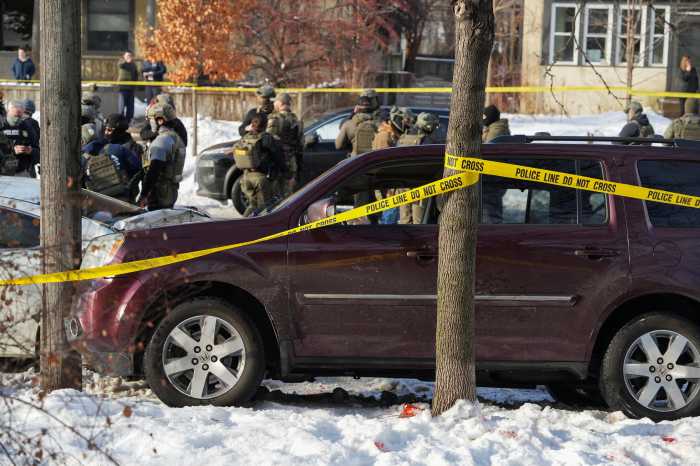By David Shepardson, Arshad Mohammed and Ted Hesson
U.S. Secretary of State Mike Pompeo said on Thursday he was working with his Mexican counterpart on travel restrictions to curb the spread of the coronavirus.
The United States could announce restrictions on travel across the U.S.-Mexico border as soon as Friday, limiting crossings to essential travel, two officials briefed on the matter said.
The sources said the restrictions would be similar to those the United States and Canada have agreed to adopt on the northern U.S. border.
Pompeo said in a Twitter post that he had been working closely with Mexican Foreign Minister Marcelo Ebrard “on travel restrictions that balance protecting our citizens from further transmission” of COVID-19, the disease caused by coronavirus.
“Together, we can reduce public health risks and prioritize essential cross-border commerce and trade,” Pompeo said.
Mexico’s foreign ministry said in a statement after a conversation between Pompeo and Ebrard that the bilateral efforts would seek to maintain trade flows and economic activity between the two countries while also tackling coronavirus.
The U.S. and Mexican governments are still discussing the possible border restrictions, which would not include cross-border trade, according to three U.S. officials and one Mexican official.
The administration of U.S. President Donald Trump has stepped up its response to the coronavirus outbreak over the past week. Nearly 12,000 confirmed cases of the disease have surfaced in the United States with 199 deaths, according to the latest data compiled by Reuters.
The United States and Canada also plan to close their border to nonessential traffic in the coming days.
A Mexican government source, speaking on condition of anonymity, said President Andres Manuel Lopez Obrador is concerned about the economic impact of border restrictions with his country already in recession.
A senior official with the U.S. Department of Homeland Security (DHS), who also requested anonymity to discuss the ongoing talks, said the United States would prefer to reach an agreement with Mexico, but could act unilaterally if necessary.
While the restrictions are not expected to affect trade, communities on both sides of the border depend on economic activity generated from visitors.
Roughly 3 million personal vehicles crossed legally each month in 2019 between San Diego, California, and the Mexican border city of Tijuana, according to U.S. Department of Transportation data.
U.S. Representative Henry Cuellar, a Democrat whose district sits on the border in south Texas, said he had spoken with U.S. border officials who said possible restrictions would be limited to non-essential travel.
Cuellar said the officials were working to define what type of travel would be permitted.
“If someone is coming for recreation purposes, that’s one thing,” he said. “But you have people who come over to work or go over to buy food and medicines. Those we would consider essential and they’re trying to work on that.”
Rogelio Villa, a 45-year-old audiovisual technician who works full-time in Tijuana but often performs extra freelance work for clients in the United States, said border restrictions would hurt him financially.
“The extra hours are a huge help in terms of money,” he said.



